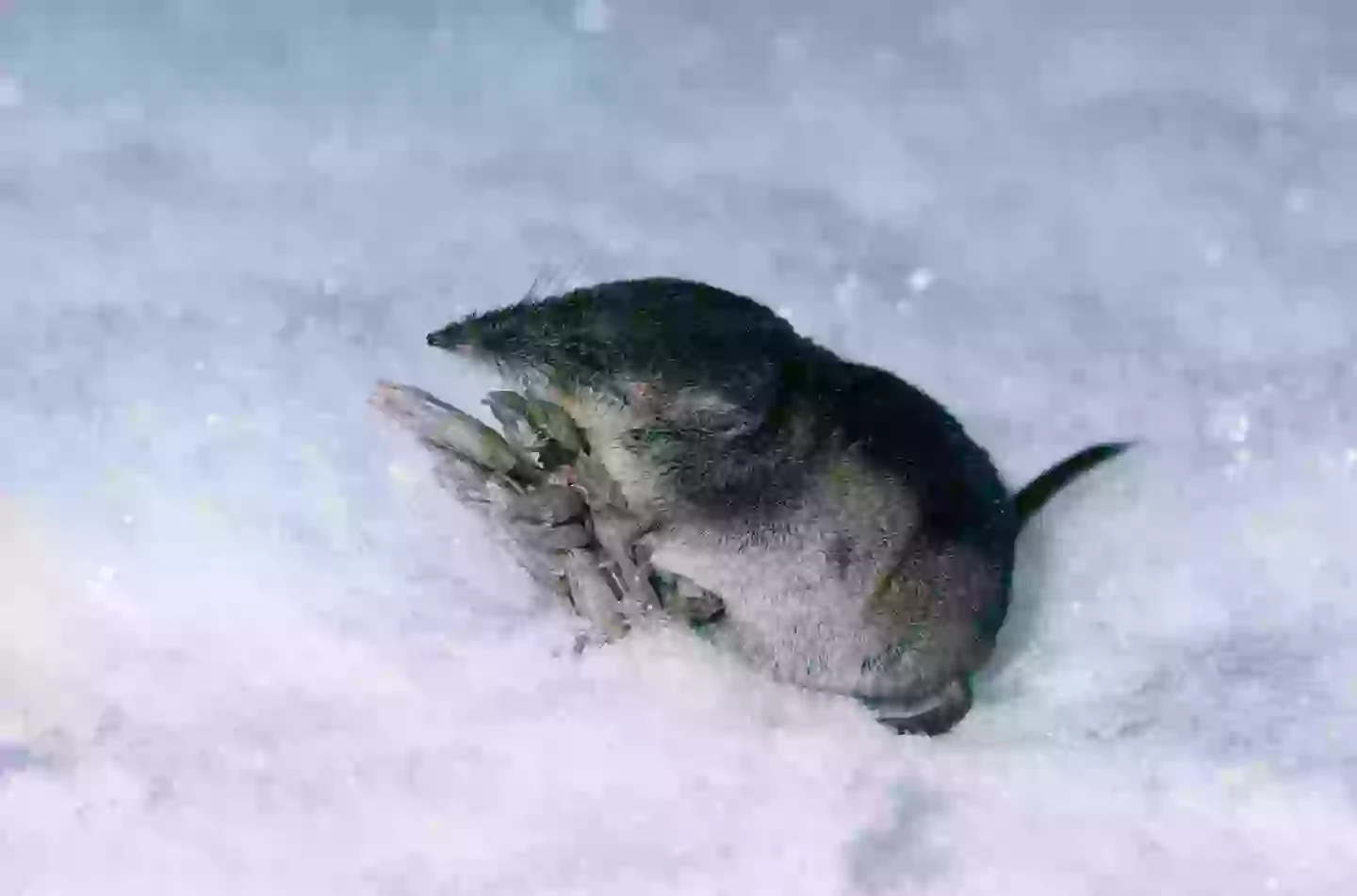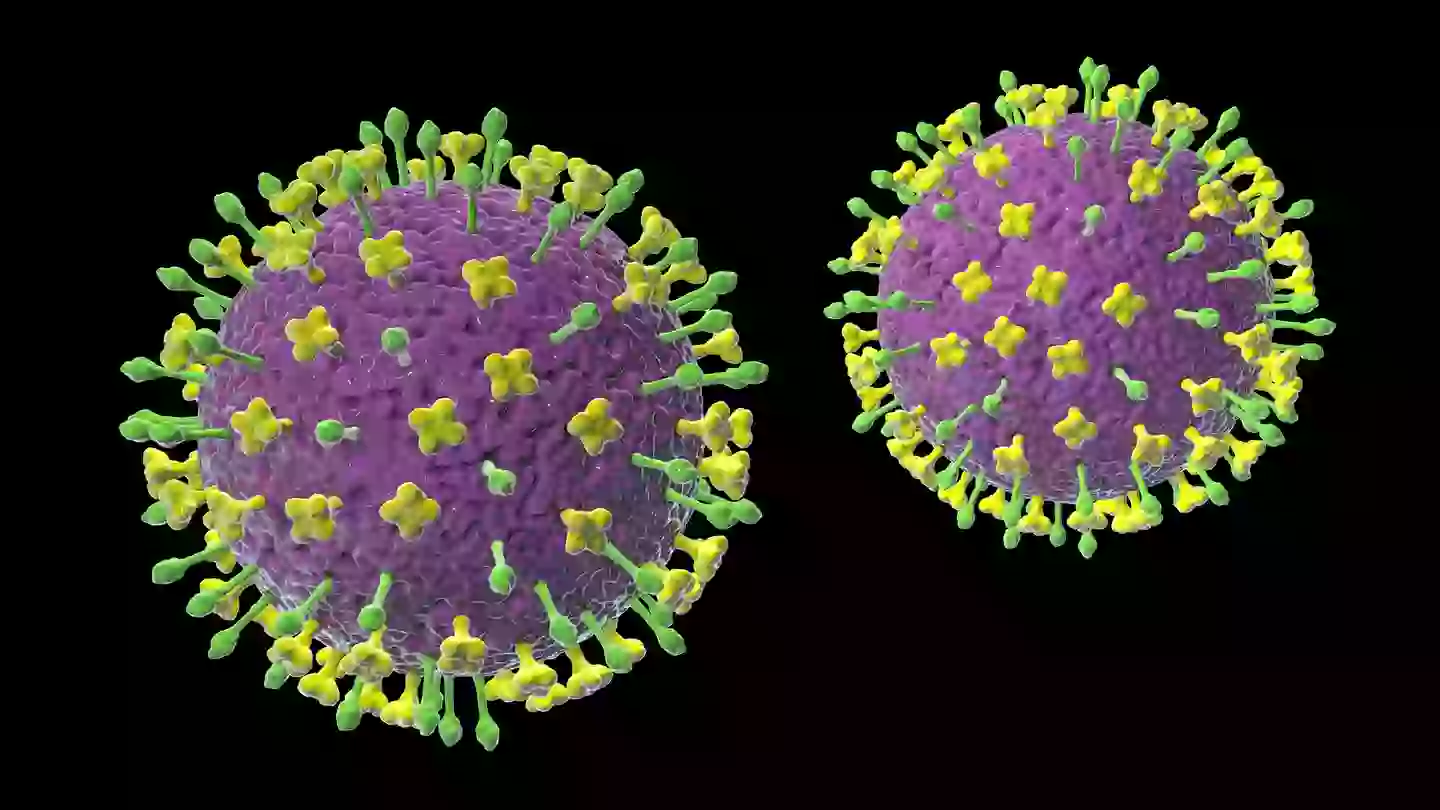
One new virus that has cropped up in parts of America could 'threaten all mankind' according to experts who predicted the rise of COVID-19, as its related to another virus with a 70% mortality rate in humans.
After the nightmare everyone suffered during the COVID-19 pandemic the last thing anybody wants is to be thrown into the chaos once again, yet the rise of a virus in parts of the US does have some scientists and experts worried.
Earlier in the year similar fears resurfaced surrounding the rise in HMPV cases, as while the bug has been known about for a while, an increase in patients suffering from the virus caused concern in some parts of the world, as the symptoms were similar to that of COVID.
Advert
A close relative of the Nipah and Hendra viruses has been detected in parts of North America though, particularly within shrews in Alabama, and those aforementioned viruses are extremely deadly when contracted in humans.

It's indicated that they have death rate of around 70%, with symptoms such as a fever, muscle pain, and vomiting alongside more extreme side effects like severe respiratory distress, seizures, and acute encephalitis.
The new discovery has been named the 'Camp Hill virus', and was spotted after the frozen organs of shrews captured in 2021 were studied by scientists. It remains a significant discovery as it's the first time a henipavirus has been discovered in the US, and has raised concerns that similar types could be more common than previously thought.
Advert
While it could potentially spread to humans through direct contact with infected animals, Rhys Parry, the lead author of the study that uncovered the Camp Hill virus, has indicated that we shouldn't jump to conclusions, as reported by Live Science.
"There is no evidence to suggest that the provisionally named Camp Hill virus has infected humans, and the likelihood of it doing so remains unknown but is likely low," outlined Parry.

As per SurreyLive, that hasn't stopped leading voices in the field from expressing their own concerns though, as Dr David Dyjack, a specialist from the National Environment Health Association argues:
Advert
"What concerns us in public health is that we have this virus with a very high mortality rate, and if it were to mutate and transmit to a human, and attack the kidneys, as we've seen in some animals, that could be particularly threatening to all of mankind."
Dyjack added: "For something like this, if it's airborne, that causes me great distress as a public health professional."
Hopefully the Camp Hill virus won't be even a fraction of how dangerous COVID was for humans, but it's understandable why many within the field of public health want to get ahead of the curve and act with more caution than perhaps is warranted.
